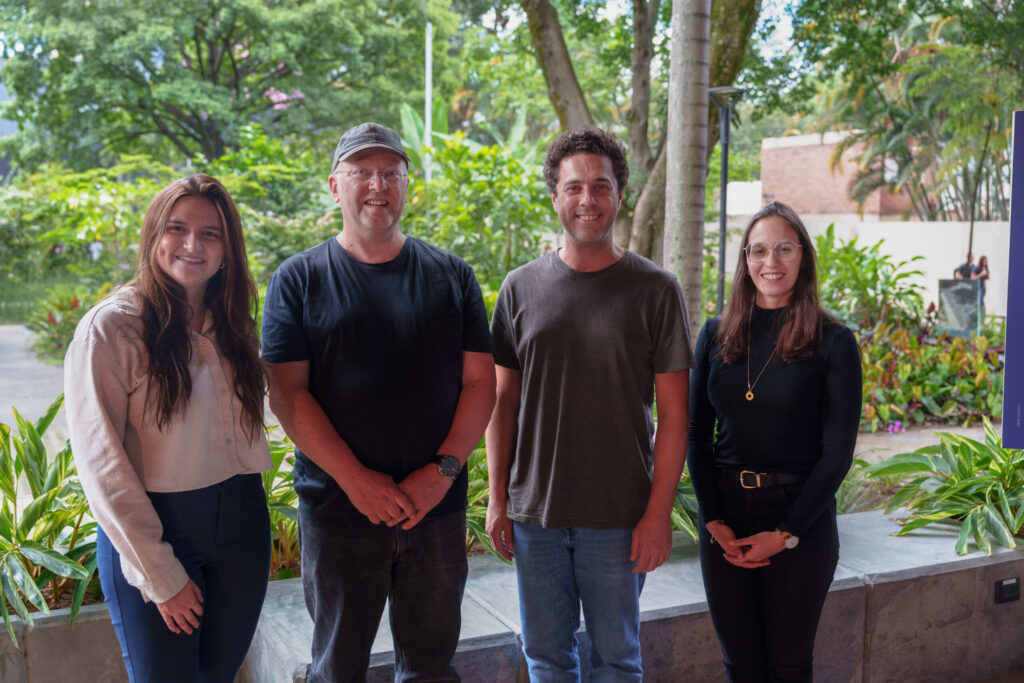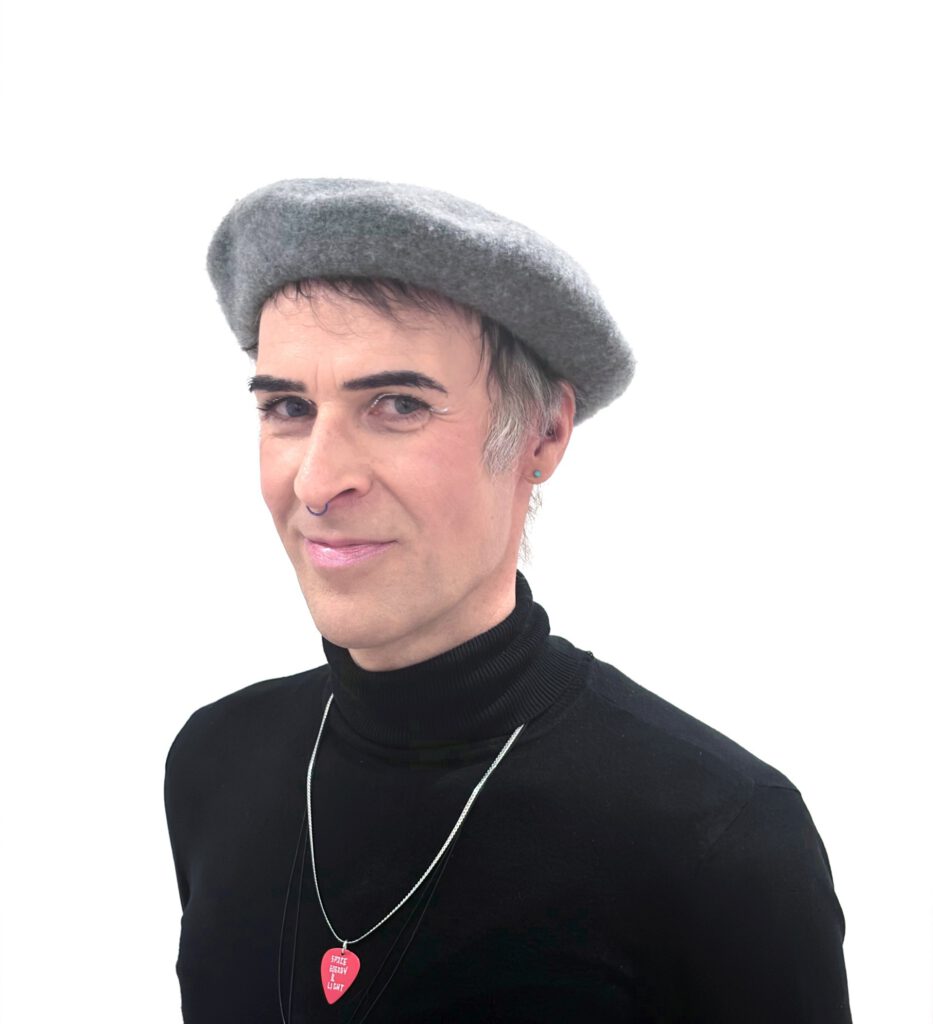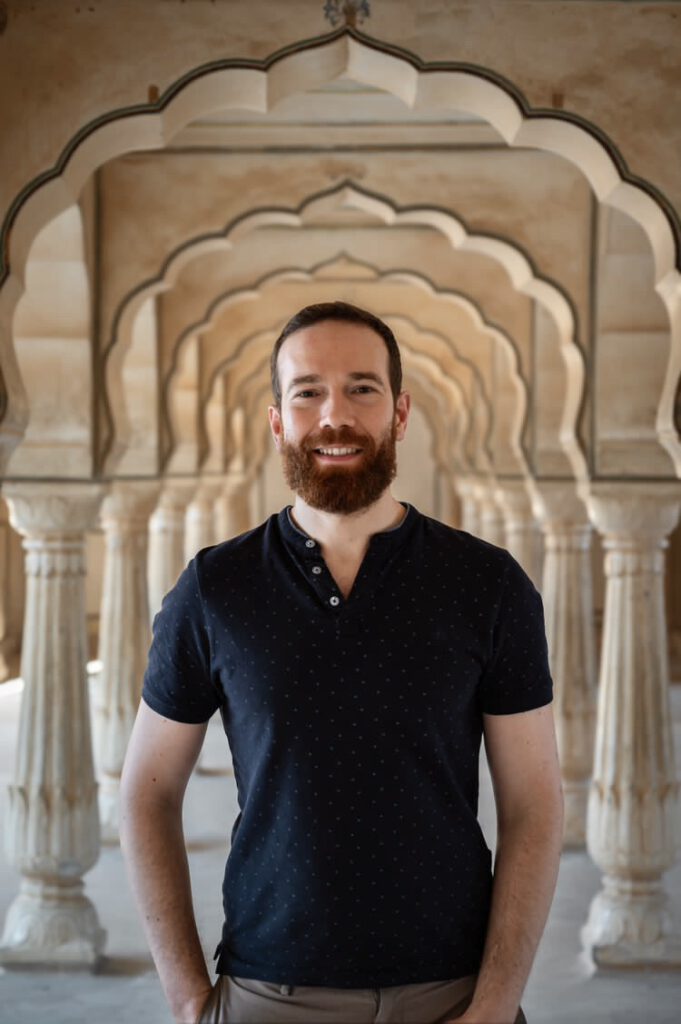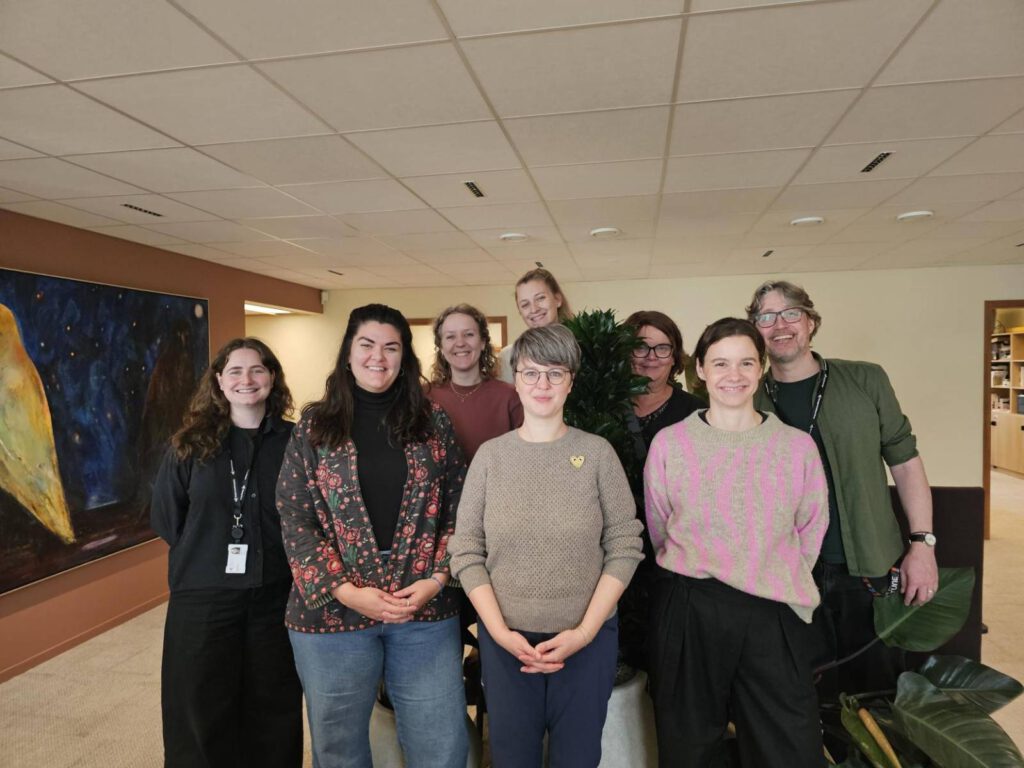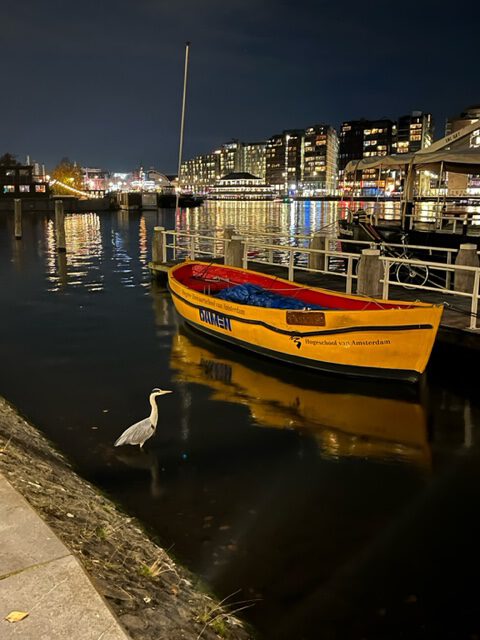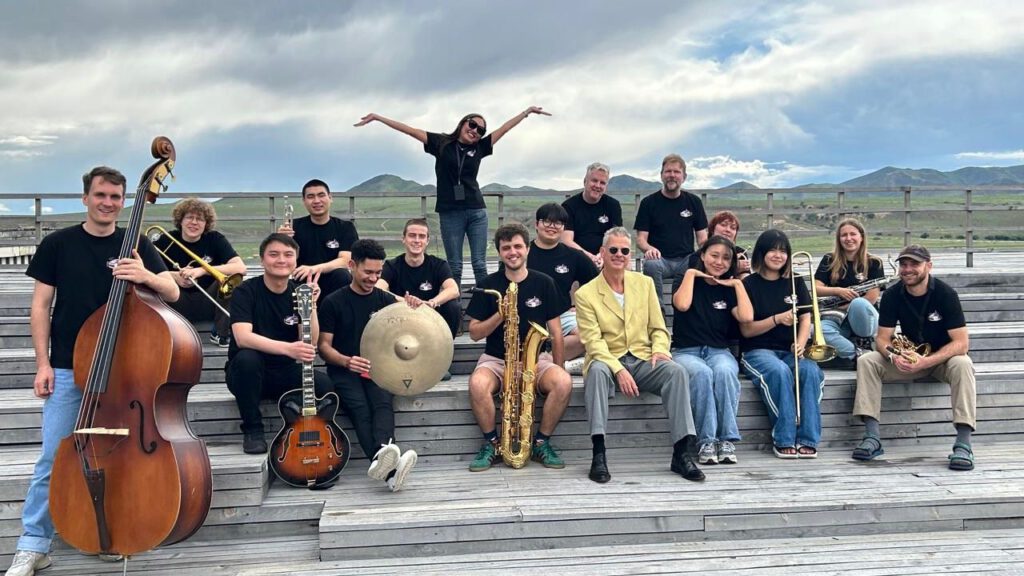Now the journey is over and it’s time to go back to “Europe”. Back to Europe. This sentence echoes softly, and a question poses itself quietly in my brain: Did I even really leave Europe?
In a purely geographical sense, the Russian capital, with its 12.4 million inhabitants, lies in the European part of the country and is its economic, political, and cultural centre. Imposing buildings, impressive churches, modern cars, and hotels bathed in gleaming light convey the impression of a world metropolis. Fast-paced and chaotic and simultaneously slow and heroic. Anyone who tries to cross the street above ground here embarks on an adventure similar to the search for a tame wild boar in the Vienna Woods.
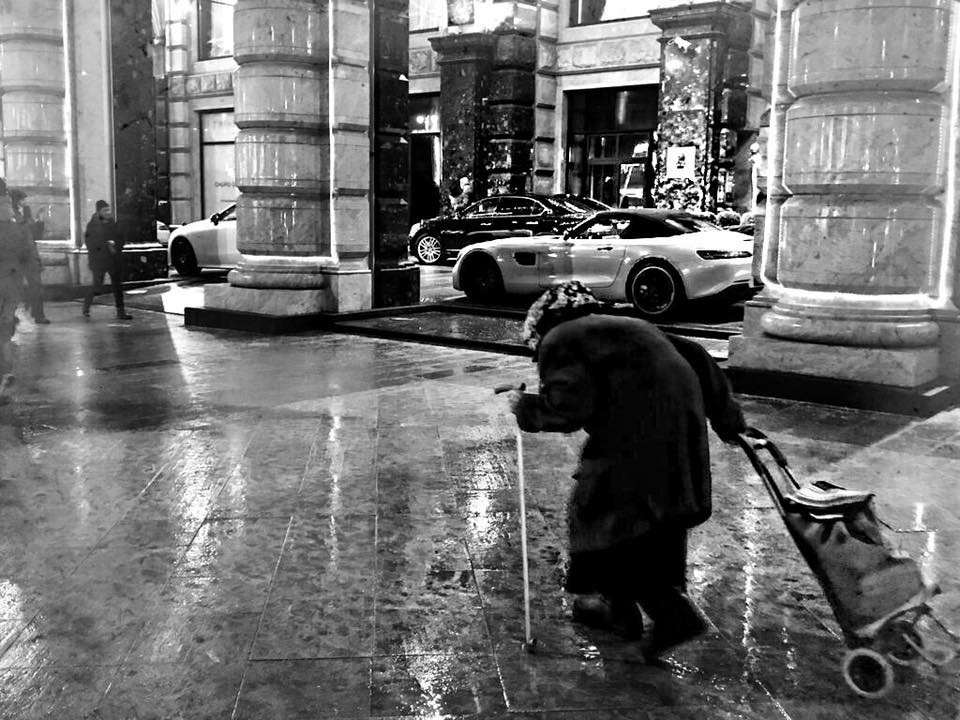
Seven days in Moscow pass very quickly. Impressions remain. Especially good ones. Nevertheless, I sense a certain discord within myself, and I doubt that one can even gain an impression from this enigmatic country when one has only seen a very small part of it. Russia covers an area of an astounding 17,075,400 square kilometres, and Moscow claims a mere 2,510 square kilometres of this, and even of this, I saw only a small fraction. Can I even presume to have an impression?
But Moscow is, after all, supposed to represent Russia. It is, after all, the capital and the centre of power. As a musician, I have a special propensity for the world of human emotions, like most of my colleagues. I view it as my duty to express my genuine emotions as well as possible and convey them to the listener. To tell stories. When I was asked if would put my impressions of Moscow down on paper, I first wondered if I was even the right person to do this.
I must admit that factual reporting is not really my thing. I simply don’t have the academic, knowledge-based sensitivity for this. After some reflection, I came to the conclusion that I would focus on describing and conveying my emotions, supported by some visual experiences, like in a Schubert song.
You, dear reader, are challenged to gain an impression of the mysticism of Russia, which one encounters at every turn. Whether you are in a taxi or the Cathedral Temple of Christ the Saviour, whether on Red Square or in the underground, it is not difficult to capture and breathe in the spirit of Russia. Dostoevsky describes it very aptly with the words: “The Russian reality is a lofty, universal, ordered chaos.”
I got to know Russia from a very specific side. To describe in words of our modern age: #universal, #clean, #glamorous, and #sublime. But Russia is not only universal and sublime. It is also very poor and depressed. Depressed by hunger and cold and by the slow death of the past days of glory. Days in which art and music had a much greater importance than they do now. Days in which perhaps everything was better?
I walk out of my hotel and see people sleeping on benches in below-freezing weather. People who cannot conceal their poverty between beautiful, breathtakingly decorated streets and buildings but somehow must.
Russia is a proud land. Proud of its imposing architecture, its diversity, its history, and its music and art. When as a small boy I watched the old black-and-white broadcasts of concerts by Oistrakh, Menuhin, or Richter on the Classica Kanal together with my father, I always had a sense of the hunger for art. When the Russian audience was filmed, one saw in their eyes their unrestrained love for and loyalty to their culture. The longing for more and more. One can still sense this hunger, even though it seems to be diminishing. Is it simply a different age?
The music and the splendid architecture are present here wherever one turns. Orthodox church services with the loveliest liturgical songs; buildings that recall what horribly beautiful forces once raged here. One sees that poetry and art are omnipresent. An echo of long-past days?
Young students who queue in front of a museum to marvel at the exhibition of Klimt and Schiele works on loan from our Albertina. A video showing Vienna. Mesmerized, sometimes astounded gazes.
When one travels towards the airport and leaves the centre of power, this impression changes a bit. One scarcely sees any chic autos any longer. Scarcely any more glamour. While lofty buildings occasionally appear, they are only a faded memory of what they used to be.
Nevertheless, it is with a feeling of enrichment and warmth that I fly back home. When I myself stood on the stage of Rachmaninoff Hall at the famous Moscow State Conservatory and sang a song by Rachmaninoff, I sensed this old spirit, saw the somewhat faded but still-present hunger for music and culture in the eyes of the older ladies and gentlemen who as young students undoubtedly often got cold feet queuing for tickets.
A simple show of appreciation that is sought after so often today. Simply because back then, attending a concert was something that seemed to have been taken for granted. Just like eating and drinking. Doesn’t the greatest show of appreciation lie in this simple thing that is so natural? I believe that like in so many areas of our life, what we make of our travels depends on us. Moscow has so much to offer. A concert at the Pushkin Museum as part of the Sviatoslav Richter memorial festival that happened to be taking place offered profound insights into cultural rootedness. Recited texts by Pushkin after a Rachmaninoff sonata, between pictures by Picasso and Monet, was a combination that was unparalleled.
I was again fortunate enough to meet wonderful people and to have the opportunity to gain new impressions of a different, unique culture. In the short speech I gave in Russian during the concert, one of the things I mentioned was that music unites all of us. The only universal language. Here in Russia, I have the feeling that there is scarcely another culture in which it is easier to understand and connect with each other through music. I believe that music and art are still an anchor here that makes all the difference.
спасибо Moscow, спасибо Russia.
I’ll be back.
Are you a mdw student and interested in spending a semester or year at one of our partner institutions?

